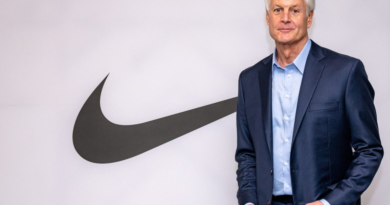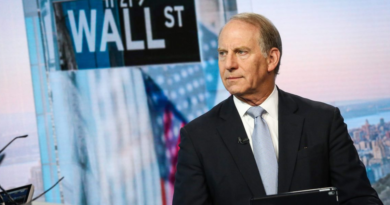Volkswagen invested billions in EVs following Dieselgate scandal—now, its brand is ‘no longer competitive’
Volkswagen was one of the earliest entrants into the electric vehicle industry, years before it became commonplace to own or drive them. Its efforts were on full-steam in the wake of a diesel pollution scandal that engulfed the German brand.
But in recent times, Europe’s biggest automaker has been struggling to improve its returns amid falling demand and growing competition in the market.
Now, the automaker is on a mission to overhaul its costs to improve earnings by about $11 billion by 2026. Volkswagen’s brand chief Thomas Schaefer warned that productivity and efficiency had to be boosted as its brand wasn’t as competitive anymore.
“With many of our pre-existing structures, processes and high costs, we are no longer competitive as the Volkswagen brand,” Schaefer said, according to a post on the company’s intranet site seen by Reuters.
In an effort to trim costs, Volkswagen plans to cut jobs—the scale and time-frame of the possible layoffs remains unclear. The goal to save nearly $11 billion is set to be achieved by means other than just headcount reductions, which will be laid out by the end of the year, Reuters reported.
Schaefer is hoping to raise profitability of the Volkswagen brand to 6.5% by 2026, up from 3.6% last year.
“We are not making enough profit with our cars to finance the transformation and our future from our own resources,” the VW brand chief said Monday, according to Bloomberg. “Other manufacturers would close plants in such a situation.”
Schaefer’s parent company, Volkswagen Group, owns a number of prominent brands including Audi, Porsche and its namesake brand Volkswagen.
Representatives for the carmaker didn’t immediately return Fortune’s request for comment.
Volkswagen’s EV game hits stumbling blocks
Volkswagen’s generous investments into EVs resulted from Dieselgate, a scandal that rocked the auto industry in 2015. At the time the U.S. Environmental Protection Agency discovered the German automaker had duped regulatory emissions tests to mask the actual scale of harmful nitrogen oxide pollutants, which was significantly higher than the legal limit in the U.S.
In the years following the scandal, Volkswagen was that much more keen to refurbish its image as a cheat with a clean, futuristic technology like EVs. Already back in 2017, the Wolfsburg-based company committed $40 billion to its EV efforts in the hopes of challenging clear front-runner Tesla.
In theory, its timing couldn’t be better—more than a fifth of the cars sold in the European Union now are fully electric.
But its execution has been found wanting. While its ID family won plaudits for being designed from the ground up as an EV, this resulted it in a more progressive design its traditional customers struggled with.
Worse its software has been glitchy and slow to react, which hampered its appeal in the key Chinese market where the latest in-car software features is a must for EV buyers. Volkswagen invested $700 million for a 5% stake in Chinese EV startup Xpeng in a bid to improve its competitiveness.
Even still, the company faces a number of challenges including higher costs, softer demand, supply chain snarls and navigating a market with more nimble and efficient players like Tesla and China’s BYD.
Volkswagen, which already cut temporary workers in its German EV factory in September in response to slowing demand, cut its car delivery forecast for the year and reported third-quarter earnings that fell short of analyst expectations.




